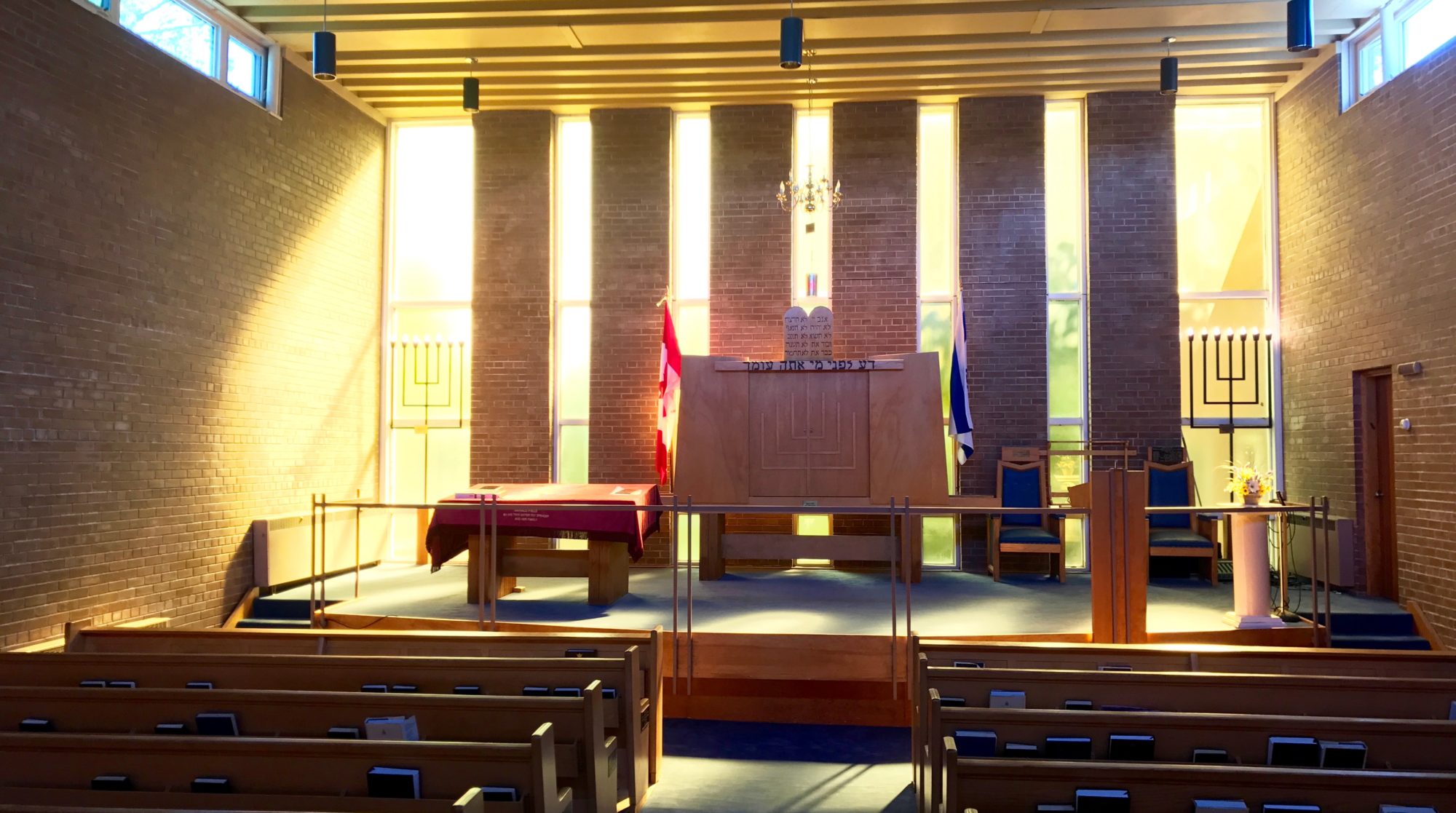Our rabbis tell us that there are four classical methods to study and understand the Torah.
Peshat literally means “the simple” straight forward understanding of the passage.
Remez refers to the “hints” or the deep allegoric hidden or symbolic meaning beyond just the literal sense.
Derash is the “seeking” in the sense of inquiry or exploration of the meaning given trough similarities
Sod is the mystical secret explanation given through inspiration or revelation.
There is a mnemonic to remember those four methods of interpretation found in the word PaRDeS.
There is a baraita about four rabbis of the Mishanic period, which spans the first century period, who visited Pardes. According to the Bavli Hagigah 14b, and Yerushalmi Talmud Hagigah 2:1:
“Four men entered the pardes — Ben Azzai, Ben Zoma, Acher that is, Elisha ben Abuyah, and Akiba. Ben Azzai looked and died; Ben Zoma looked and went mad; Acher destroyed the plants; Akiba entered in peace and departed in peace”
It is understood here that these four sages studied Torah according to the four methods. Something happened and befell each each however, except for rabbi Akiva as they delved into the mystical and esoteric realm of Torah study.
As an introduction to our discussion about our Perashat Korach, I would like to emphasize the fate of Elisha ben Abuyah, referred to as Acher, the other one, in the Baraita. According to our understanding, Elisha ben Abuyah chose to become a rasha’, that is he committed apostasy.
How did that happen? The Baraita tells us that Elisha ben Abuyah destroyed the plant. What does that mean?
According to the Talmud Elsiha Ben Abuyah entered Heaven and saw Metatron sitting down (an action that in heaven is permitted only to G-d himself). Elishah ben Abuyah therefore looked to Metatron as a deity and said heretically, “There are indeed two powers in heaven!” The Talmud tells us that Metatron is the highest of the angels and serves as the celestial scribe writing down the actions of the Children of Israel. The Gematria equivalent of the name Metatron is equivalent to Shaddai, one of Hashem’s names. Could this have led to the apostasy of Ben Abuyah?
The Talmud states, it was proved to Elisha that Metatron could not be a second deity by the fact that Metatron received 60 ‘strokes with fiery rods’ to demonstrate that Metatron was not a god, but an angel, and could be punished. Despite this Ben Abuyah chose to persist in his error. It was a free choice.
Let us turn now to Korach. There was a terrible plague devastating the camp as a result of Korach’s rebellion.
The day after the earth swallowed Korach, Datan and Abiram the leaders of the rebellion against Moshe Rabbenu and Aharon Ha-kohen G-d sent a plague against those who railed against Moshe and his brother for causing the death of korach and the other rebels. Moshe Rabbenu tells Aaron to take the fire pan, put fire from the altar and incense on it, and take it to the community to make expiation for them and to stop a plague that had begun, and Aaron did so. Aaron stood between the dead and the living and halted the plague, but not before 14,700 had died.
There is a remez to that pasuk to which Rashi provides insight.
Rashi explains that Aharon grabs the Angel of Death that Hashem had sent and stops him saying: “Moshe ordered me to stop you.” To which the Angel replies: “I was sent by Hashem, you were sent by Moshe!”
The Chazal tells us that Angels do not have a free will. The Angel of Death must complete the mission he was sent for, not interrupt his duty to have a chat. Yet it seems that in this instance the Angel stops his mission to debate Aharon. Eventually Aharon prevails even against the Angel of Destruction.
How did all this happen? Clearly Moshe and Aharon by interfering with the mission of the Angel of Destruction went against the will f G-d!
Both Moshe and Aharon made a choice according to their free will. They chose to change an act of revenge and destruction even though it was G-d’s will. How is that possible? We are different from Angels who have no free-will. Through the power of free choice we have the ability to change ourselves and change nature around us for the better or the worse. The choice is ours. Hopefully the choices we make, like Moshe and Aharon will turn Chol to Kadosh.
Shabbat Shalom
Jacques Abourbih
